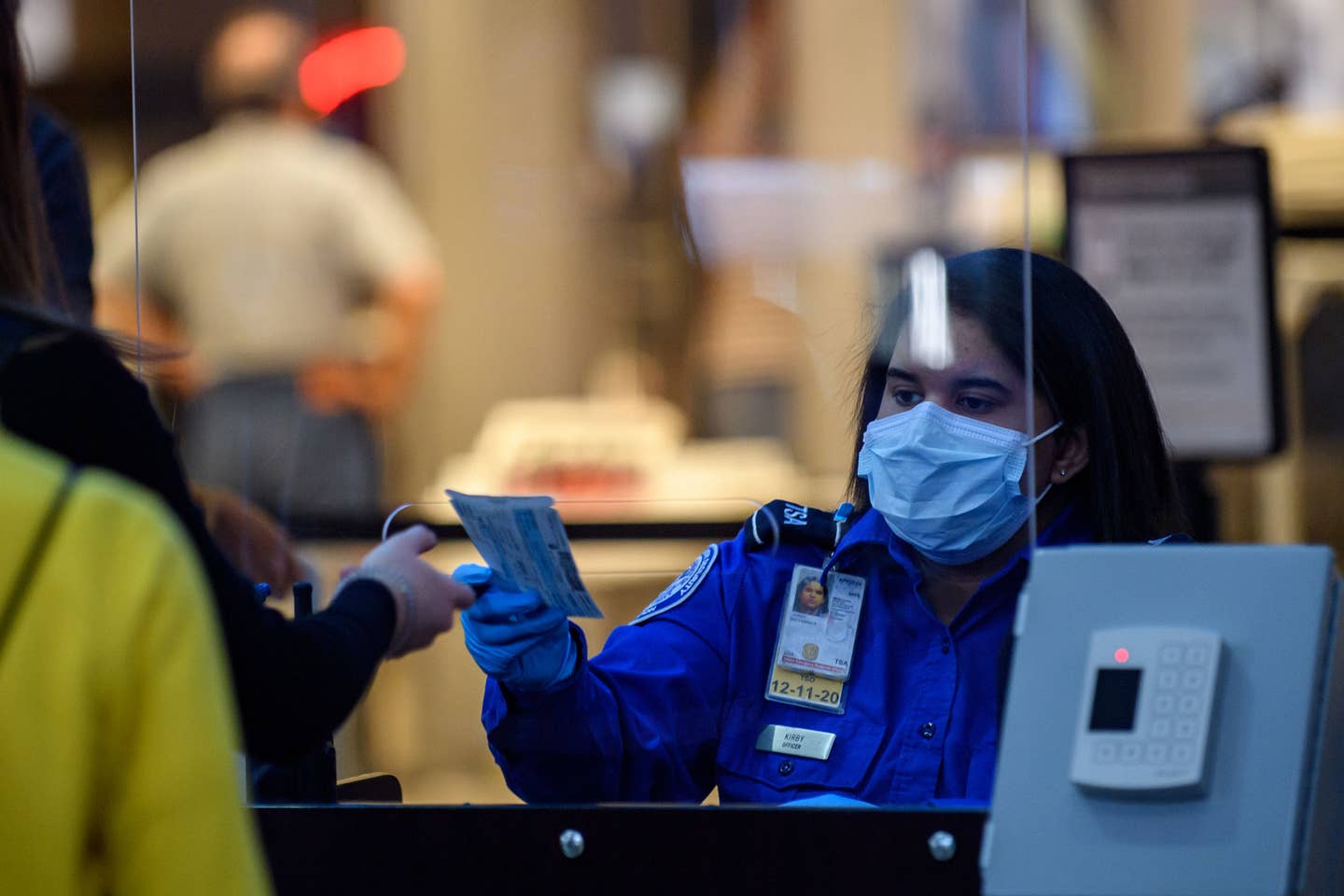FCC Wants GPS Interference Facts
The FCC has essentially asked LightSquared and the GPS industry to cut the rhetoric and provide it with the facts it needs to make a decision on LightSquared’s plan to provide nationwide wireless broadband on radio frequencies and at power levels that have been shown to interfere with GPS signals. Last Tuesday, FCC Chairman Julius Genachowski reiterated comments we first reported in June that the LightSquared plan will not be allowed to proceed at the expense of GPS. Since then, the GPS industry has said up to 500 million devices that use GPS in the U.S. could be affected. LightSquared says the number is more like 200,000 under its revised plan to move its initial deployment to frequencies a little farther away from GPS. According to the Washington Post both sides have been asked to be specific about the number and type of devices that will be affected by the revised plan. LightSquared has also been asked to specify how many towers will be activated in the initial deployment and their location. The comment period for the FCC rulemaking process ends Monday and LightSquared is turning up the heat on the GPS industry by intensifying its position that GPS manufacturers cheaped out on their devices. LightSquared said manufacturers failed to comply with Department of Defense standards to protect their devices from interference from neighboring frequencies.
The FCC has essentially asked LightSquared and the GPS industry to cut the rhetoric and provide it with the facts it needs to make a decision on LightSquared's plan to provide nationwide wireless broadband on radio frequencies and at power levels that have been shown to interfere with GPS signals. Last Tuesday, FCC Chairman Julius Genachowski reiterated comments we first reported in June that the LightSquared plan will not be allowed to proceed at the expense of GPS. Since then, the GPS industry has said up to 500 million devices that use GPS in the U.S. could be affected. LightSquared says the number is more like 200,000 under its revised plan to move its initial deployment to frequencies a little farther away from GPS. According to the Washington Post both sides have been asked to be specific about the number and type of devices that will be affected by the revised plan. LightSquared has also been asked to specify how many towers will be activated in the initial deployment and their location. The comment period for the FCC rulemaking process ends Monday and LightSquared is turning up the heat on the GPS industry by intensifying its position that GPS manufacturers cheaped out on their devices. LightSquared said manufacturers failed to comply with Department of Defense standards to protect their devices from interference from neighboring frequencies.
Jeff Carlisle, LightSquared's VP of Regulatory Affairs, says in the release that agencies have been warning the GPS industry since 2000 that its gear doesn't measure up. In 2008, he said the DOD issued standards that would allow GPS a "guard frequency" of 4 MHz while the latest LightSquared proposal gives a 23-MHz gap between broadband and GPS. Carlisle said the GPS industry wants a 34-MHz gap and that's not sustainable given the scarcity of radio frequency spectrum and the urgent need to expand Internet services. "If all spectrum users demanded the irrational guard band solutions that GPS manufacturers are demanding, we would not have broadband in this country and efficient spectrum use would take a backseat to the squeakiest wheel," Carlisle said. "This type of precedent would set back the United States' competitiveness by decades. The GPS industry turned a blind eye to the Department of Defense's recommendations regarding the manufacturing of commercial GPS receivers and a blind eye to the ITU's long-standing recommendations regarding GPS receiver performance."






